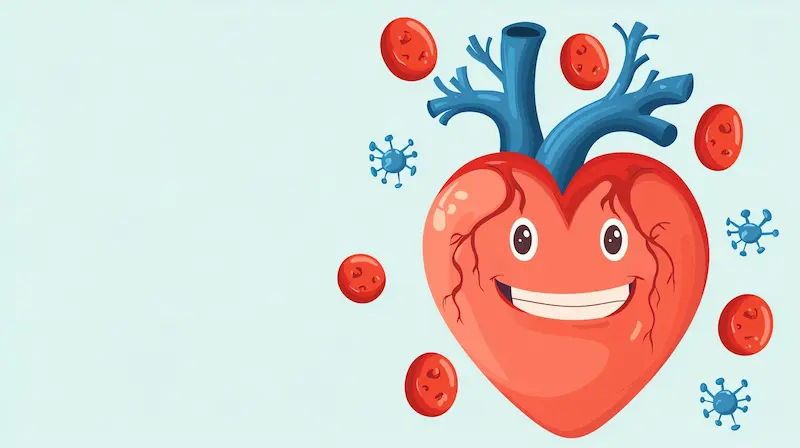- male
- 1 Years
- 07/02/2025
My one-year-old has a heart condition with a hole, about 104 mm in size. He weighs 7 kg, but his birth weight was 2 kg, and I'm worried because it seems like he's not gaining weight as he should for his age. Can you help me understand what's going on and what we can do about it?
Answered by 1 Apollo Doctors
Based on the information provided, it seems like your child has a congenital heart defect with a hole in the heart. In this case, the treatment usually involves medications to manage symptoms and sometimes surgical intervention may be necessary. One common medication used to manage heart conditions in children is Digoxin. The usual dosage for a child with a heart condition is 20-35 micrograms per kg per day, divided into 3 doses. It is important to consult with a pediatric cardiologist for a proper evaluation and treatment plan tailored to your child's specific condition. Regular follow-up visits are crucial to monitor your child's growth and heart health.
Dr. Dhankecha Suggests...
Consult a Paediatric Cardiologist
Answered 04/07/2025
0
0

More Paediatric Cardiology Health Queries
View allMy baby girl is 80 days old and has a 3.7mm PDA. What effect will this have on her? Should we wait for it to close naturally or consider surgery?
cardiology opinion is advised.
Answered by 1 Apollo Doctors
I'm really worried about my newborn baby boy's health. His report mentions a small perimembranous VSD, mild pulmonary stenosis, and a small residual PDA. Can someone explain what these mean? Are these issues something he'll outgrow, or will they need ongoing treatment? I'm looking for more information on how serious these are and what the next steps should be. Would really appreciate some guidance.
Your newborn's report indicates three congenital heart conditions: a small perimembranous ventricular septal defect (VSD), mild pulmonary stenosis, and a small residual patent ductus arteriosus (PDA). A small VSD is a hole in the heart's septum that can sometimes close on its own but needs monitoring. Mild pulmonary stenosis is a narrowing near the pulmonary valve that restricts blood flow to the lungs and often requires regular follow-up. A small residual PDA is an open vessel that normally closes after birth; it may close on its own or require medical management. The treatment plan will depend on how these conditions affect your child's health, and regular follow-ups with a pediatric cardiologist are essential to monitor and manage them. Discuss these findings with your child's cardiologist to understand the prognosis and specific treatment options.
Answered by 1 Apollo Doctors
I found out I have mitral valve prolapseAML in February, and I'm wondering if homeopathy can completely treat it. I also tend to get anxious pretty often. Could you tell me if homeopathy might help with that too?
cardiologist and psychiatric opinion is advised
Answered by 1 Apollo Doctors
Disclaimer: Answers on Apollo 247 are not intended to replace your doctor advice. Always seek help of a professional doctor in case of an medical emergency or ailment.





